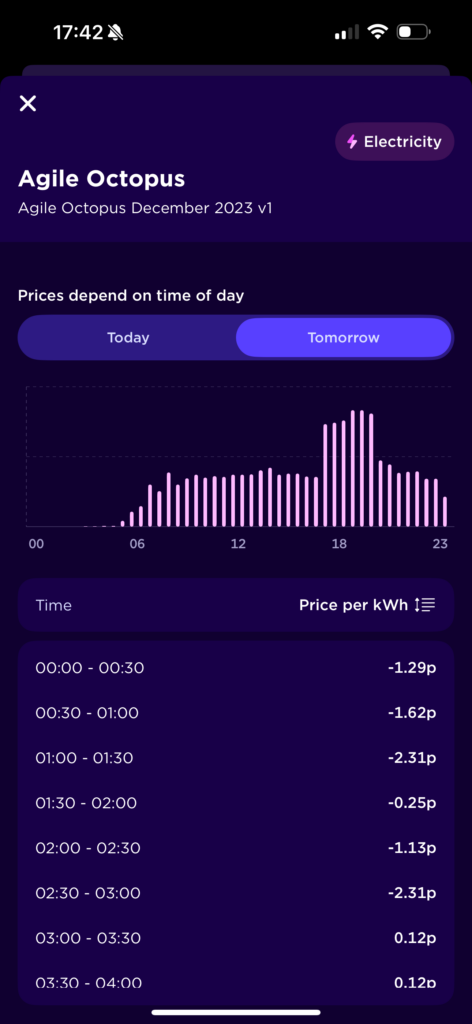Consumers across Great Britain have once again found themselves in a fortunate position as energy prices plunged into the negatives over the weekend. Thanks to a combination of high winds and low temperatures, there was a surplus of energy, resulting in electricity prices dropping below zero. And it seems like déjà vu as tonight, following earlier storms in the week, we’re in for another round of negative prices.
While these energy plunges might seem like a windfall for consumers, they also raise important questions about forecasting and storage solutions in the long term. It’s clear that we need to become more adept at utilising energy efficiently rather than simply dumping it. Currently, some generators are being paid to either dump excess energy or refrain from producing it altogether, which only adds to the financial burden on consumers.
In the short term, the key to unlocking the benefits of these dynamic energy tariffs lies in smart meters. By embracing dynamic tariffs, consumers can take advantage of extremely low energy prices more frequently. Tonight, for instance, I’ll be charging my car, doing laundry, and actually getting paid for it. However, let’s be realistic— I won’t be retiring off these energy plunges anytime soon.
For consumers with house batteries, it’s a great time to be alive. They can effectively dump excess energy during peak tariff hours and recharge their batteries during off-peak plunge hours.
A screenshot of my charges during the night reveals predominantly negative prices. Over the weekend, we experienced two days of negative prices during daytime hours.

On a typical evening, I might be charged around 32p per kWh, with the majority of rates hovering around 14p. With careful planning and load shifting, I can potentially save up to circa 66% compared to standard price-capped tariffs. This comes with risk, as the tariff is following wholesale prices.
Additionally, my gas tariff follows wholesale prices on a daily basis, and currently, I’m saving about 33% compared to the Capped Standard Variable Tariff (SVT).
In conclusion, while these energy plunges offer significant benefits to consumers, they also underscore the need for smarter energy management and infrastructure. Embracing technologies like smart meters and house batteries can empower consumers to make the most of these opportunities.
Martin Brailsford
AMO Secretariat, PPMF Chair & Senior Client Services Manager for Gemserv